Trump Unlikely to Testify After Defense Attorney Says They Expect to Rest Soon — But First There Were Fireworks
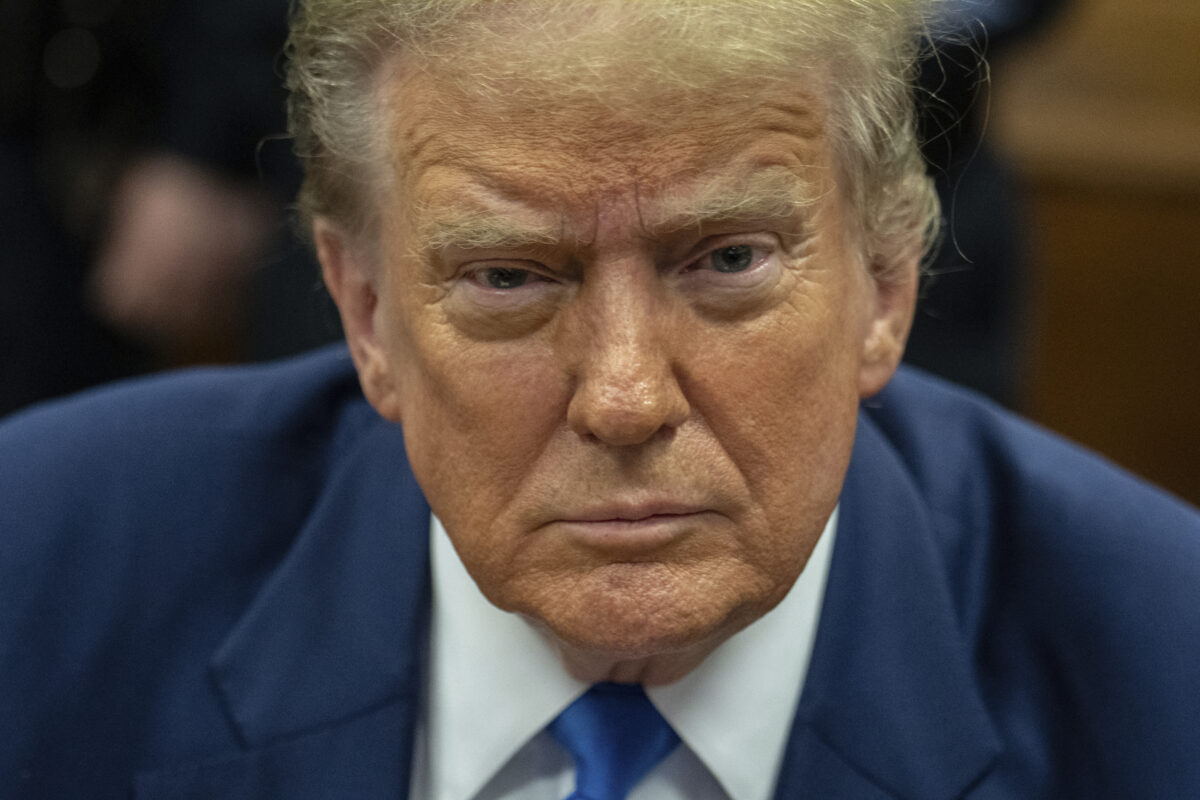
Jeenah Moon/Pool Photo via AP.
Former President Donald Trump‘s defense team began their case Monday in his hush money trial, featuring several contentious moments battling the judge and prosecutors, and the signs point to the ex-president not taking the stand in his own defense, despite frequently insisting he wanted to do so.
The ex-president is facing 34 felony counts for falsifying business records regarding alleged hush money payments to cover up extramarital affairs before the 2016 election — a historic first-ever criminal trial of a former U.S. president. The gag order imposed by Judge Juan Merchan has been a major source of irritation for Trump, even after he was found to have committed multiple violations, fined several thousand dollars, and warned future violations could very well land him behind bars.
Trump has made repeated comments in his pre- and post-court rants to the media, as well as posts on his Truth Social account, complaining that the trial was an unfair “witch hunt” and “sham.” Besides insisting that he intended to testify, Trump has also falsely claimed that the gag order prevents him from doing so.
Defendants in criminal trials cannot be forced to take the stand, but they also have the right to do so if they so chose – with the added caveat that a defendant who testifies has to endure a cross-examination by prosecutors, a situation Trump’s legal team most certainly has warned him would be extraordinarily risky.
Just Security fellow and former Law&Crime managing editor Adam Klasfeld is covering the trial and reported on Monday that Trump attorney Todd Blanche said in court that the defense would likely rest that day, being able to complete whatever witnesses they wish to call after the conclusion of former Trump attorney Michael Cohen’s testimony.
As Klasfeld commented on The Platform Formerly Known as Twitter, it was “obvious” that “the defense would not be likely to rest today if Trump took the stand.”
Cohen’s testimony continued, with both the prosecution and defense taking second cracks at questioning him, until Blanche wrapped his re-cross shortly after 3 pm ET and the prosecution rested.
Blanche then began by calling his paralegal, Daniel Sitko, to testify regarding a log of relevant phone calls, and then called Robert Costello, an attorney who advised Cohen and served as a “back channel” along with Rudy Giuliani for communications between Trump and Cohen while the latter was under investigation.
Costello’s potential testimony set off a lengthy sidebar as both prosecution and defense battled over whether it should be allowed, with Merchan eventually excusing the jury to hear the attorneys’ arguments.
Merchan took a five minute break and then returned with his decision, ruling that Costello could testify regarding limited aspects of the case. According to Klasfeld, Merchan said Costello’s testimony would be allowed “to scrutinize Cohen’s two allegedly inconsistent statements” and would be given “some latitude” to testify “on the alleged pressure campaign.”
Costello’s testimony quickly went off the rails, with frequent objections by the prosecution and an outburst from Costello that earned a stern rebuke from Merchan about proper courtroom decorum.
Trump’s attorney Emil Bove continued questioning Costello, followed by a cross-examination by prosecutor Susan Hoffinger, until shortly after 4:30 pm ET, the trial’s usual stopping time, and the jury was excused while the attorneys for both sides argued over the defense’s motion for dismissal and motion for directed verdict (both standard defense motions made after the prosecution has rested its case).
Merchan reserved decision on the motion to dismiss and court adjourned until Tuesday morning, when Costello’s cross will resume.
Trump still could theoretically decide to testify tomorrow, but the comments earlier in the day by Blanche indicate his defense team has no expectation he will do so. If he does decide to do so against advice of counsel, he may find himself battling not just the prosecution but his own attorneys, who are bound by professional ethical rules to not participate in testimony they believe will constitute perjury and would have to limit their questions accordingly — or even petition to withdraw as counsel entirely.
The final factor in the ex-president’s decision may very well be how he feels Costello performs during his testimony and cross. Trump previously touted Costello’s testimony to the grand jury as something he believed “SUPPOSEDLY WILL BE CONCLUSIVE” in exonerating him. That obviously did not come to pass, as Trump was in fact indicted. If Costello’s testimony ends with Trump feeling unsatisfied about how well he was able to damage Cohen’s credibility, Trump may be tempted to get up on the witness stand himself.
New: The Mediaite One-Sheet "Newsletter of Newsletters"
Your daily summary and analysis of what the many, many media newsletters are saying and reporting. Subscribe now!
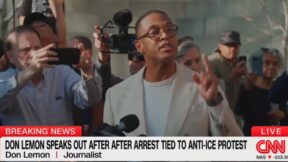
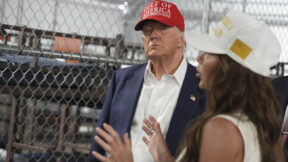
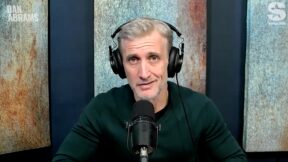
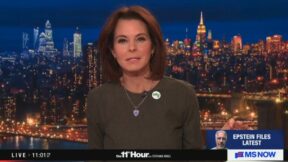
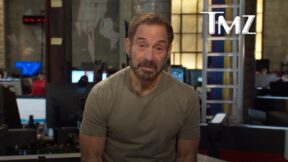

Comments
↓ Scroll down for comments ↓